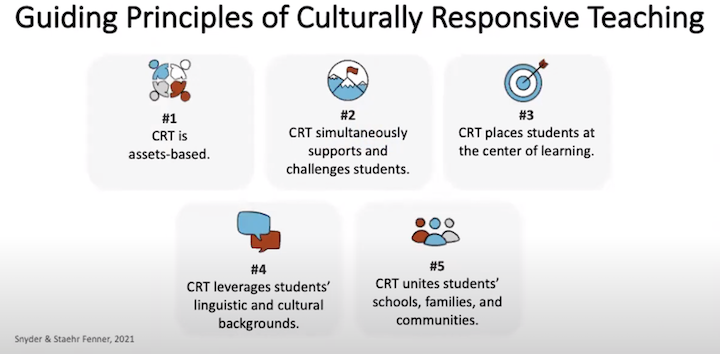Blog A.3: Literacy with an Attitude by Patrick J. Finn
Pg# ix: "There have been times in history when the prospect of literacy in the hands of the have-nots has been a source of endless angst among the haves."
Finn's first sentence p0ints out a glaring issue in society. Oppressing a group so that another group remains in power, is a story as old as time. Even though he mentions that the US wanted to have literacy for all (except slaves), that isn't very accurate. The most important thing was to have people read the Bible, but actually being literate enough to understand the issues the country was facing, and then being informed voters has never been the ultimate dream. Thomas Jefferson once believed that not all men could vote as not all men where educated. This shows that while we do want people to read, we do not necessarily want everyone to have the same level of reading comprehension and output. Eventually Jefferson's reservation paved a road for the electoral college and representatives.
Pg# 3: "But, in fact I was schooling these children, not to take charge of their lives, but to take orders. I taught them to read and write a little better, and I taught them some facts about United States history, but control was uppermost in my mind."
I liked how Finn addressed this, because this is so important. I have realized that if you are not being explicit in teaching, not giving the students the cultural/social education to be on par with their peers, and not recognizing your privilege then the students are not receiving the education they need to fill in the deficits that society has imposed on them. For instance, my teachers taught me to question them. Part of honors and advanced placement classes requires a level of inquiry from the students beyond rote memorization. While I believe I was placed in the honors program from 6th grade until high school graduation based on my demographics and ability, my teachers did a great job teaching me to question. They did what Finn says students need in order to be educated out of the "working class" mindset. I am not sure if it was them actively teaching us inner city kids to have a competitive voice, or if the level of education for advanced placement courses instinctively breaks away from the "control" aspect of learning.
Pg# 24: "I'd like to hope that a child's expectations are not determined on the day she or he enters kindergarten, but it would be foolish to entertain such a hope unless there are some drastic changes made."
I agree and disagree with this sentiment. While I do hope that our lives are not set in stone based on circumstances, educators have a direct correlation to this outcome. Again, I was an at risk inner city youth that received, for the most part, a public school education. Without the guidance of my teachers in how to have proper discourse and debates, I wouldn't feel apt to participate in higher education conversations. Even now, I have peers that are educators that feel like inner city schools are not good enough, at least not for their child. I was asked once, "Would you let your child come here?" Here was a $90 million facility with amazing CTE teachers, and opportunities for those that wanted it. I responded with, "Of course. It isn't about where you get an education, it is about what you are learning at home and what the teachers have to offer." Of course, the educators need to be teaching explicitly and giving their students a leg up, where society has constantly kept them "in their place."
Argument Statement
The author Patrick Finn argues that we need to reform education, explicitly teach working class children literacy that not only provides an education, but also literacy that will help them challenge the status quo that they live in, and let go of misconceptions of our students' abilities by not comparing them those that have had more advantages in society.


No comments:
Post a Comment